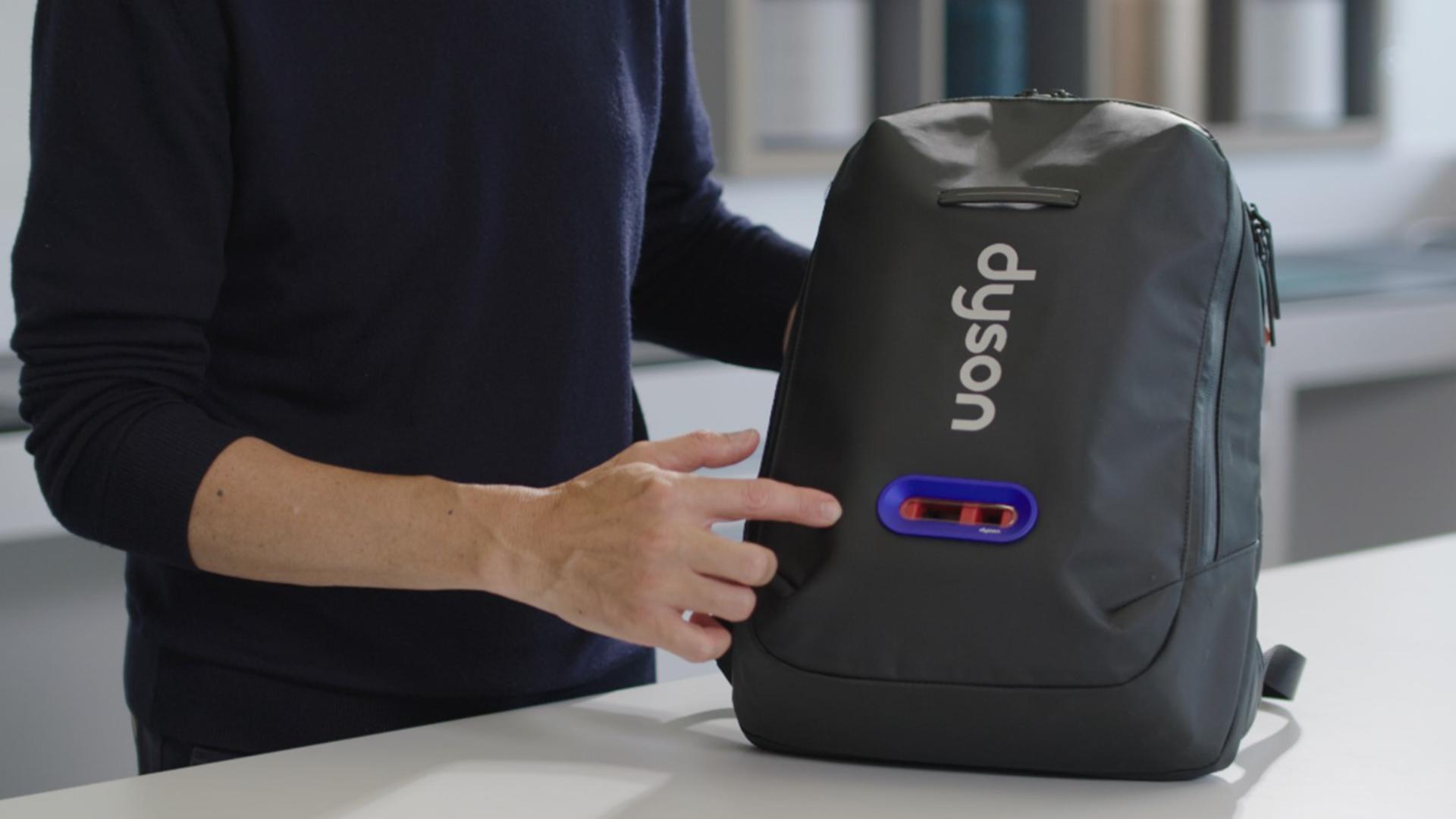
Dyson People Investigate Air Quality in Singapore
10 August 2023

Re-working existing sensing technology used in Dyson air purifiers, Dyson’s air quality backpack is a portable air sensing device. With on-board sensors measuring PM2.5, PM10, NO₂, VOCs and CO₂, a battery pack and GPS, it collects air pollution data on the move. This latest iteration of the Dyson air quality backpack delivers automated data analysis and visualisation through the Dyson AQ app.
The Dyson AQ app processes and visualises live and historic pollutant data – live data is now updated every second, highlighting the wearer’s exposure to pollutants experienced within the last 20 seconds.
The app tracks and summarises historic data, showing the past week’s exposure, mapping where and how the backpack wearers’ pollutant exposure varied over a week.
Athletes, content creators and journalists across the globe have used the Dyson Air Quality backpack to spotlight urban pollution they experience every day and how they think they’ll change their routines to be more mindful of their exposure.
The backpack was initially developed by Dyson engineers for the Breathe London Wearables Study – a similar project in the UK in collaboration with King’s College London and the Greater London Authority. As a result of the study, over 31% of the children said they would change the way they commute to and from school to reduce their exposure to air pollution.
Investigating air quality in Singapore
Earlier this year, we challenged two teams of Dyson People from Singapore to navigate the cleanest, fastest route across the island while visiting a series of local hotspots. Places they visited included Dyson Demo Store VivoCity, Hong Lim Market & Food Centre, Singapore National Orchid Garden, Outram Park MRT Station, Sri Mariamman Temple and Ya Kun Kaya Toast at China Street.
Teams were equipped with the Dyson Air Quality backpack to monitor their air quality exposure and the Dyson Air Quality app so they could track their selected route in real time.
Pollution Standards Index (PSI) and Air Quality Index (AQI) data for Singapore over the past 4 years (2019, 2020, 2021 and 2022) shows that air quality has improved, with PSI improving by 43% since 2019. However, the PSI in 2022 was still above the World Health Organisation annual limit of 5.0µg/m3. So, although outdoor air quality in Singapore has improved, it is still not clean.
Watch the film to find out what the teams learned about air quality in Singapore
Debra Rajwani
Email: debra.rajwani@dyson.com